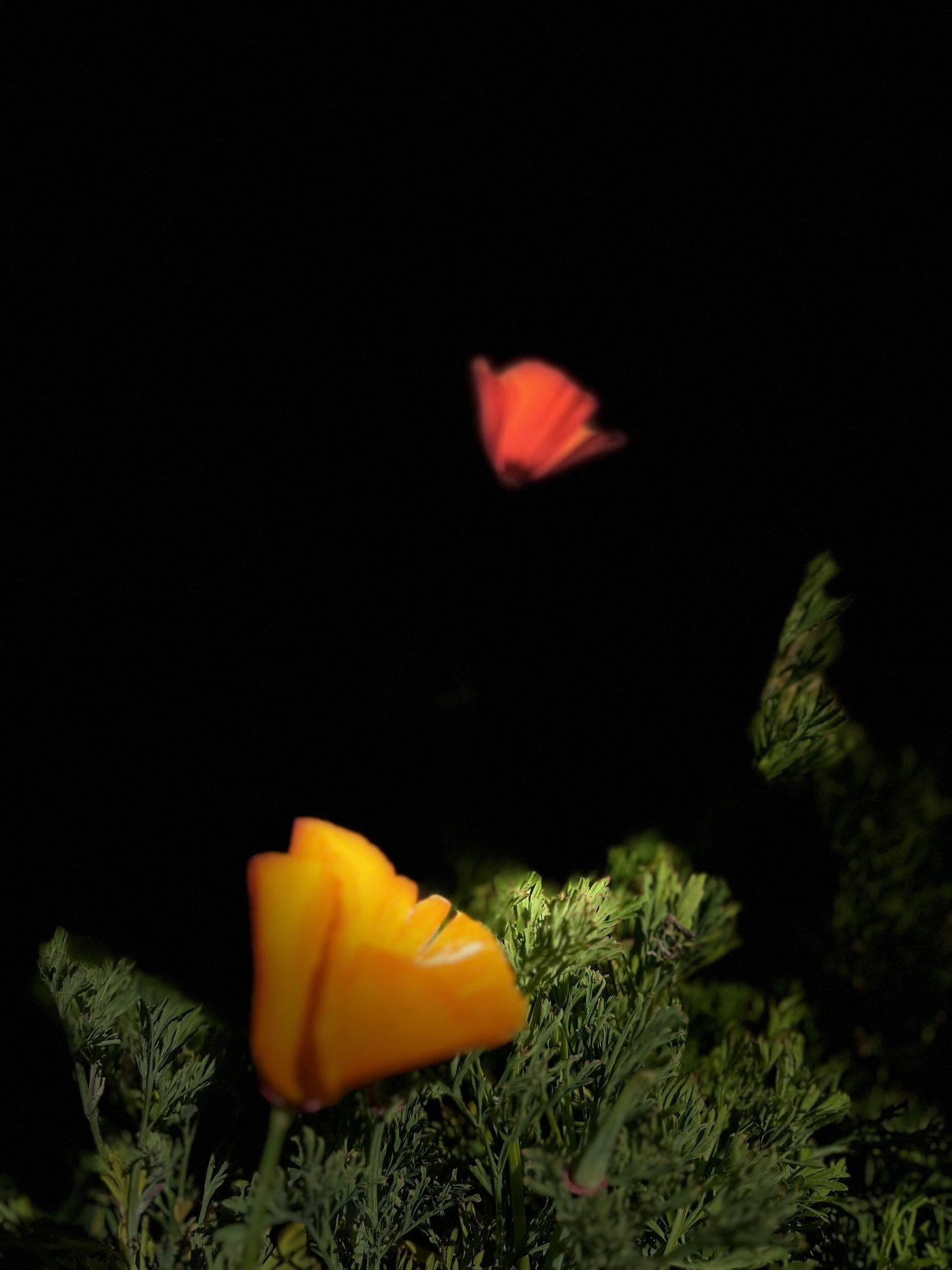Musings on the Tall Poppy Syndrome (TPS) in Medicine

https://douggarland.com/pdf/ECOR-22-CS-166.pdf
Investigators write scientific articles for many reasons. Two of the noble purposes are seeking truth and advancing science. Other less noble reasons could include padding one's CV, moving up the academic ladder, lecturing invitations, etc.
Scientific medical articles often fail miserably. It is estimated that one half of medical articles do not stand the test of time. Covid was an extreme example of early scientific failure due to the scope of the problem, the hast for a vaccine and cure, the large learning curves, and powerful political and societal pressures for a rapid response.
The more prestigious the journal, the more likely the reviewers will identify and weed out an author's secondary agendas. To combat this, authors sometimes send articles to lesser journals or "throw aways" in order to keep their agendas in play. Citation 6 in the above article addresses some of these issues while also examining their situations through the TPS lens.
Part of my daily activities is to read various newspapers and identify occurrences of TPS. I then dissect these examples as explained in a recent animated blog ( "see The Anatomy of the Tall Poppy Syndrome"). One of the main motivations for this article was to identify the happenstance of TPS in my life just as it might occur in your life rather than wearing my TPS hat and searching daily for examples of TPS in journalism after morning coffee.
The e-journal can be so interactive compared to printed. This became a secondary reason to write this article. All my medical related-TPS articles are placed and retrieved under one roof in the reference section of this article. These articles are the first associations of TPS within medicine and may now be accessed in their entirety without scouring the literature.
Lastly, Australian Dr. Norman Feather has published extensively on TPS and influenced my knowledge. His paper, citation 8, is a one of his definitive articles and a summary of much of his work. It is a must read for students of TPS. Many of his other articles are available in the reference section. His inclusion herein includes my respect for his work and also demonstrates my emulation (good envy) of this Tall Poppy ("see Tall Poppies, deservingness and schadenfreude").
Tall Poppy Syndrome Newsletter
Join the newsletter to receive the latest updates in your inbox.
